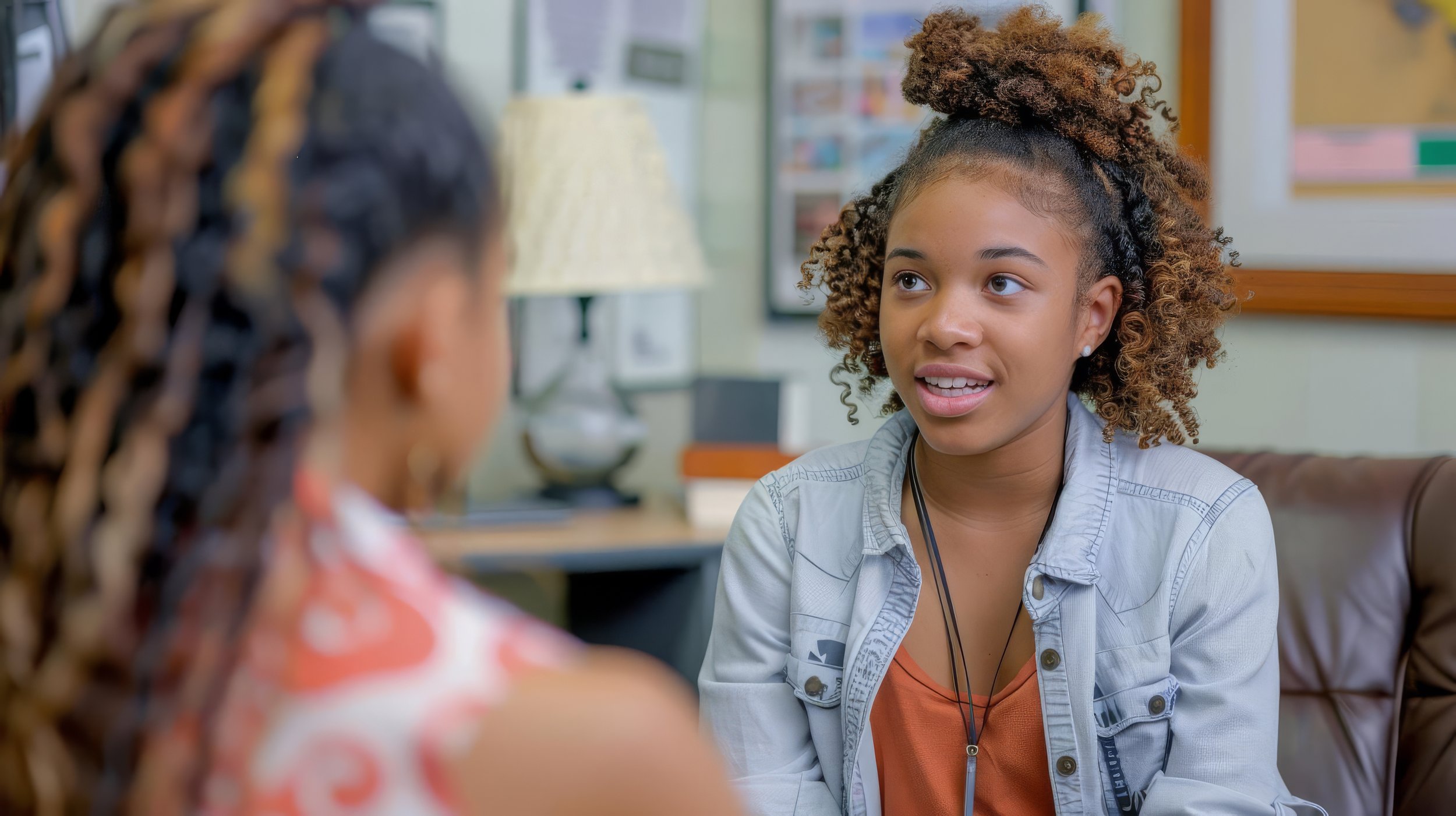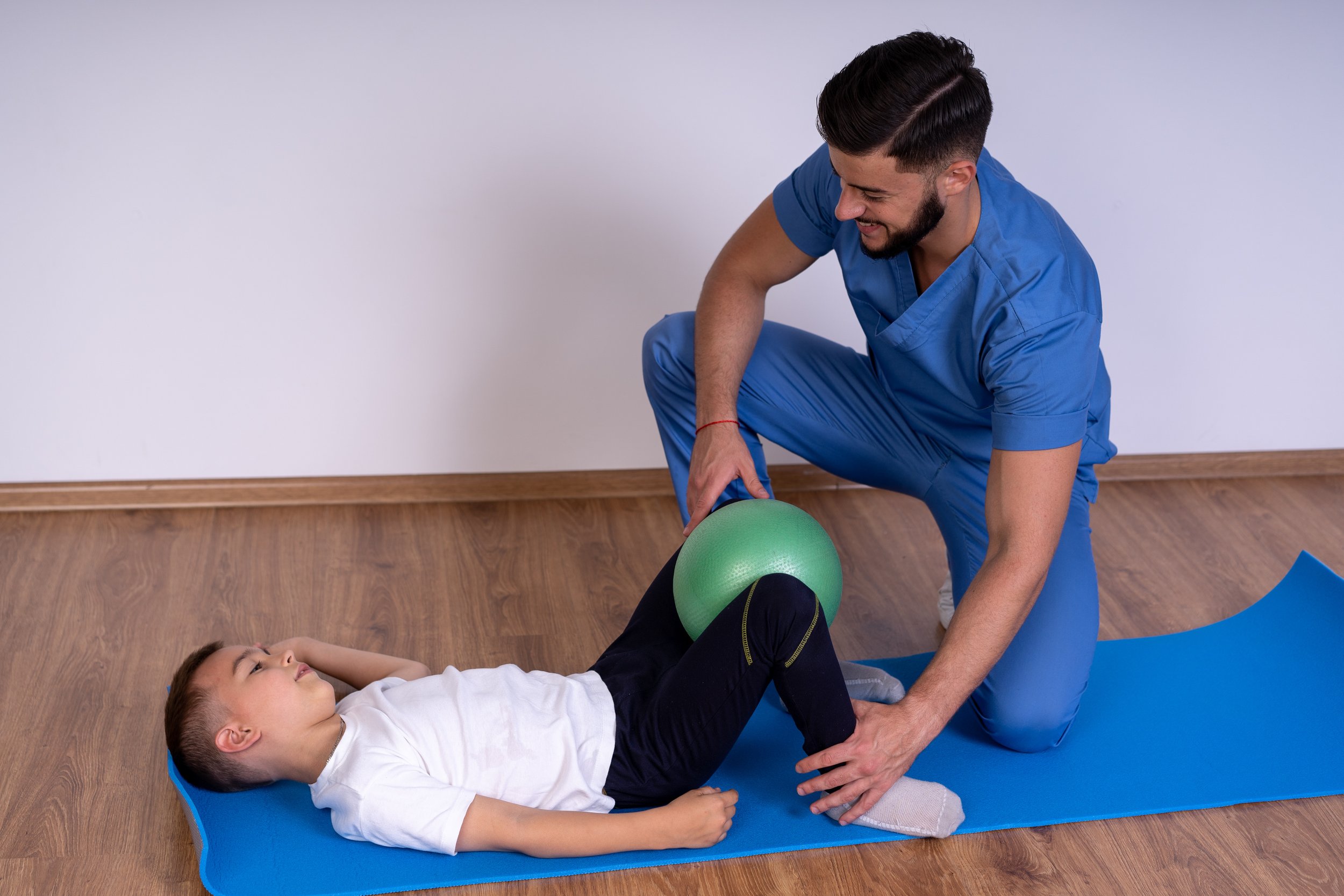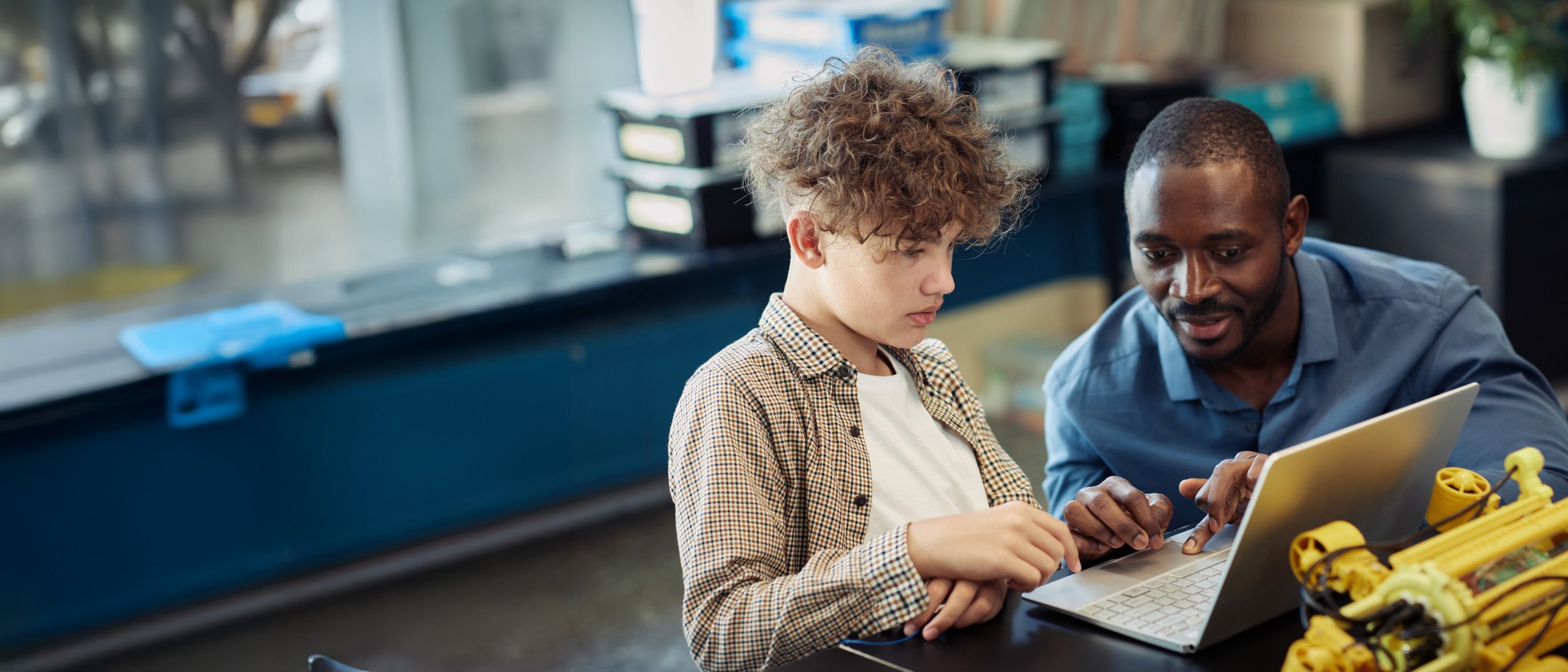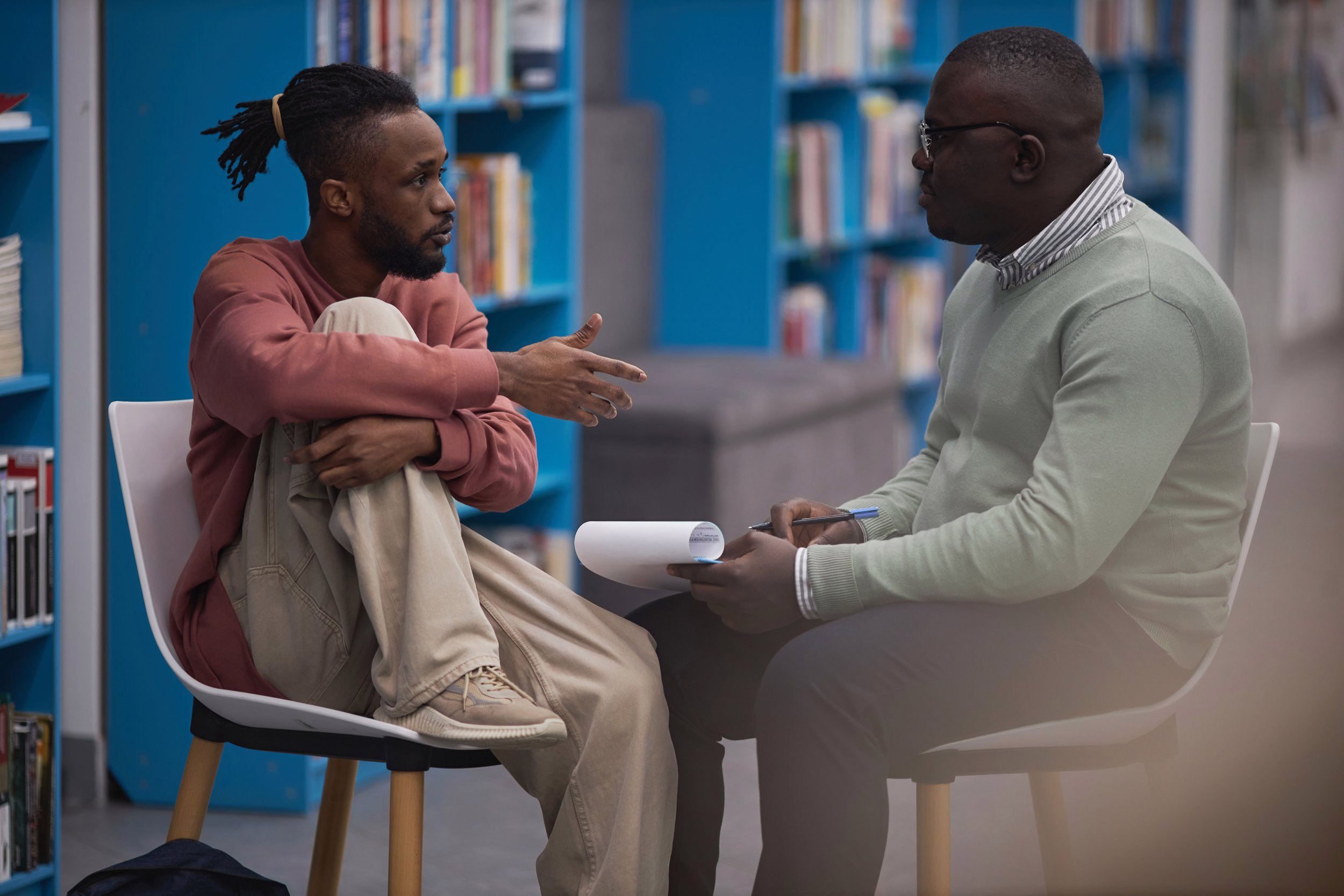Our Services
-

Student Support
The PHILLIPS Student Support Services and many of the teaching techniques used at PHILLIPS are based on Behavior Analytic principles.
-

Counseling
Counseling services are available to families of students to ensure a collaborative approach and services are tailored to their specific needs.
-

Speech & Language
Pathologists work to prevent, assess, diagnose, and treat speech, language, social communication, and cognitive communication in students.
-

Occupational & Physical Therapy
Licensed Occupational or Physical Therapists provide all Occupational and Physical Therapies at PHILLIPS.

Every student can change with the proper support.
PHILLIPS Programs aims to offer a balanced and wide range of student support services to serve its diverse students best.
Our Student Support Services are based on identifying target behaviors for change and applying differential reinforcement of replacement behaviors, leading to the extinction of the target behavior. Frequent positive reinforcement is used throughout the day, based on the preference of the individual child. Positive Behavior Support is implemented consistently throughout PHILLIPS’ using a Level System, Token Economy, and individualized student support programs.
PHILLIPS also uses ABA-based teaching technology, such as Errorless Teaching, Naturalistic Teaching, Task Analysis, and Behavior Skills Training, to select effective methods for individual students and skills. PHILLIPS is not a strict ABA program, as we integrate teaching methods from additional disciplines, including Social Thinking, Sensory Regulation, Trauma-Informed Care, Functional Language Skills Development, and multiple academic teaching strategies.
Our de-escalation process and crisis management.
We use the least intrusive techniques to meet the child's needs while demonstrating respect for that child's dignity and safety.
Frequently, students need help coping with the challenges of problem-solving, task management, and finding ways to meet their needs. As a result, escalation can occur, resulting in safety concerns for students and staff.
To safely manage these potential crises, all PHILLIPS student support specialists and staff are trained in the evidence-based and nationally recognized crisis intervention program, Right Response. Right Response emphasizes proactive and holistic interventions that effectively maintain safety. De-escalation principles assist children who may feel overwhelmed to regain control and safety. Among these are verbal support, such as active listening, offering options and choices, problem-solving, managing proximity, and being prepared to offer physical safety assistance as needed. Staff implementing Right Response strategies utilize the least intrusive responses to students that will meet their needs and assist them (in our case, the children) in going from fear, anxiety, or loss of control to a sense of safety and self-control.
Student support services staff are first taught the elements of self-care to prepare physically, emotionally, and mentally to meet the needs of children with behavioral challenges. In addition, many strategies of prevention, early intervention, and de-escalation are taught to avoid crises. All student support specialists are trained in physical safety techniques for those moments when students become harmful to themselves or others.
Following moments of crisis, staff use the debriefing process to learn which interventions were effective and which were not as effective with that particular child or circumstance. In all situations, PHILLIPS staff are trained to use the least intrusive technique to meet the child's needs while demonstrating respect for that child's dignity and maintaining safety.


